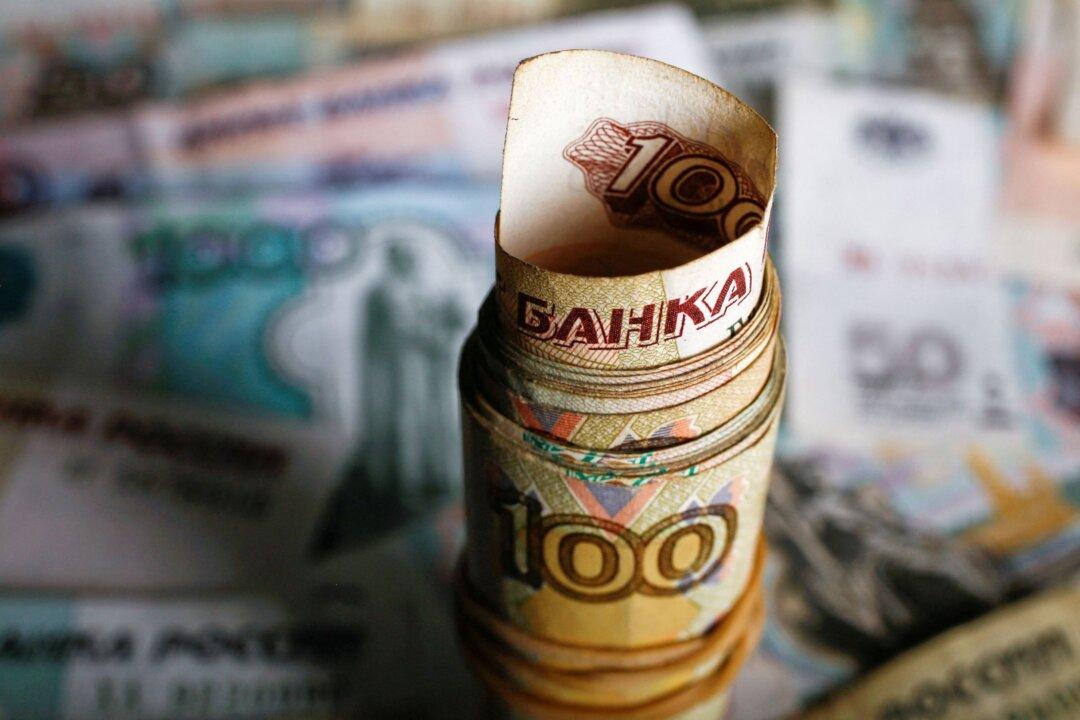Russia’s finance ministry is preparing to service some of its foreign currency debt on Wednesday, but such payments will be made in roubles if sanctions prevent banks from honoring debts in the currency of issue, the ministry said on Monday.
“Is that a default? ... From Russia’s point of view, we are fulfilling our obligations,” Finance Minister Anton Siluanov said in an interview with state TV aired on Monday.





